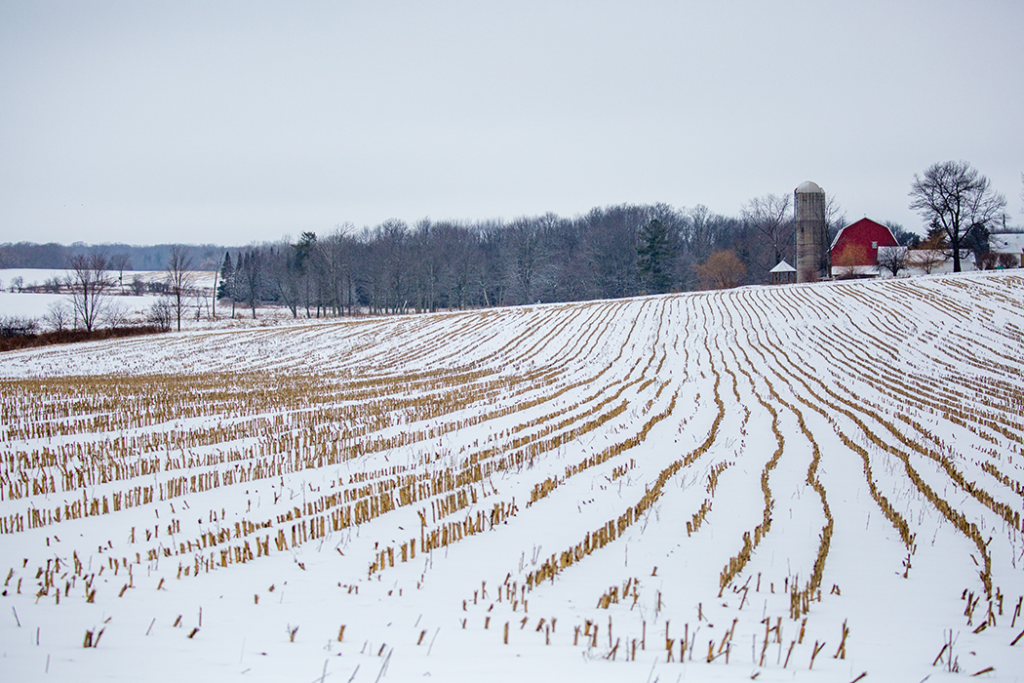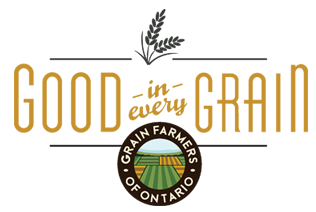Facts for Teachers: Winter and Farming

What do farmers do in winter?
Just as students wonder what teachers do in the summer (are they put in the supply cupboard?), they may wonder what farmers do all winter. Once a farmer has the crops in, whether they grow grains, fruits or vegetables, you may think there is nothing to do in the winter except take a holiday.
Remember that farms are businesses and part of a complex industry. With spring, summer and fall being so busy with crop management, winter is the time to deal with all the other aspects of managing a farm operation. Farmers, like other business owner/operators, are concerned with project planning and management, resource and asset management, risk management, change management and professional development. There are many organizations available to support them, such as Grain Farmers of Ontario.
When it comes to business management, farmers’ concerns are similar to those of other business owners, such as allocating resources to maximize profits. However, the factors of production for farmers are different than those of other businesses, with many outside the farmer’s control. Factors of production for farmers may be biological (the crop itself and the conditions it needs), environmental (weather), economic (shifting markets and farm capital), and social and political (attitudes and ideologies).
Operating a seasonal business means various activities are done at certain times of year. Winter is the time for much of the project planning on a farm to prepare for the next growing season. Farmers meet with seed, chemical and fertilizer dealers to discuss the products they plan to buy and negotiate prices. They also meet with their bankers, accountants and equipment dealers to discuss the next year. And, like all business owners, they review their business plans and the year’s success to identify necessary changes and find the tools to help them grow or transition their farm business. One organization that helps farmers is Farm Management Canada.
Winter is also time for resource and asset management; farmers do an inventory of their equipment and its condition to determine if machinery needs repairing or replacing. And they spend a lot of time on equipment maintenance to make sure everything is in good shape by the spring. Farmers who store grain on their farms may watch the markets to determine the best time to sell and ship the grain off the farm.
Winter gives farmers time for professional development and networking to help them stay up-to-date about management practices and innovative technologies; they attend meetings, conferences and trade shows hosted by trade organizations, commodity groups and agricultural product retailers. Among the conference topics that interest farmers are farm business skills development, yield potential, market development, farmer wellness, and agricultural excellence.
About that holiday—like a teacher’s summer, winter is also a time for farmers to catch up with family and friends and stay connected to their community.



